Music
April 10, 2013
Jessica Pavone’s first solo tour in Europe: “Solo I feel way more vulnerable but also more in control at the same time”
Kunigunde Weissenegger
For the first time, violinist, singer and composer Jessica Pavone, originally from Brooklyn, is coming to Europe with her solo program. Tomorrow, 11/4/2013, h 20.45, she’s going to stop at the Bäckerei in Innsbruck, bringing us her new album, “Songs of Synastry and Solitude.” Music scene insiders will known her well, since she’s studied with legendary composer and multi-instrumentalist Anthony Braxton and performed with him on several occasions. Plus, she plays in various ensembles of chamber, experimental and improvisational music and has shared the stage with Peter Evans, Matana Roberts, Mary Halvorson and John Zorn. We caught up with her before the concert at the Bäckerei and held the following interview.
You perform and play in different bands and ensembles, this time you’re on tour alone. What’s the difference between being alone on stage and sharing it with others – apart from occupying the stage by yourself?
When I perform solo, I am much more sensitive to the physical environment that I inhabit. There is no one to interact with, communicate with, hide behind (!) when I play alone, so I become very aware of the other people in the space; audience, promoters, bartenders. I am more sensitive to the sounds I produce because they are the only output. I feel way more vulnerable but also more in control at the same time.
You have various ways of expressing yourself. What’s the main and best thing you do – playing the violin, singing, composing?
It is impossible to say which is the main or best. I go through different periods when I favour one over the other. I will say, that I began music studies by playing the violin and viola, so that was my first relationship to music and where I have the deepest understanding. I do however, go through phases where I don’t feel like playing as much and would rather be strictly composing. And singing, well, singing is the biggest challenge for me and most foreign component of my music performance having not been a trained singer. But the human voice inherently is every ones first instrument. Right now, I am really interested in playing the viola. I went through an almost two year period recently where I had much difficulty playing it because of a chronic spine injury. Now I am healthy and good, and am reminded how drawn I am to its vibrational power. Its a very unique timbre and in some ways beastly to play. I have been really enjoying it lately and perhaps more so because of the forced break.
What are your songs and your music about? – Does it make a difference if you write something for yourself or for someone else?
It definitely makes a difference if I write things for myself than for other people. When I write solo music for myself, I think of the music like as a folk singer (although it won’t sound that way). It is just me, telling by story, although abstractly. I know where my instrument rings, particular things I like to play on it. A large part of solo viola music for me is the tactile experience of playing the music. Everything I write is about something, even if its something deep down beneath the surface. Music I write is also reflective of the time in my life in which it was composed. I will always associate particular pieces with the point in my life I was at when it was composed and the general climate of what was going on then. Some of the material on this tour is solo adaptations of pieces from my song cycle, “Hope Dawson is Missing,” for string quartet and rhythm section, which meditates on themes of destruction and rebuilding, migration, falsities, and undeniable truths.
Tyrol and the city of Innsbruck aren’t new territory for you. What can we expect this time? Why did you come back to this region in the middle of the Alps?
I believe this performance will be quite different that the last time I came through Austria. I came though the last few times with an avant jazz band if I remember correctly. This music is based on repetition, song forms, and sympathetic vibration. It develops slowly, remains in a set form, and occasionally, I sing a verse over a structure. Although I am playing solo, there will be no “taking of solos.”
http://www.youtube.com/watch?v=tOzXoGWwaCo

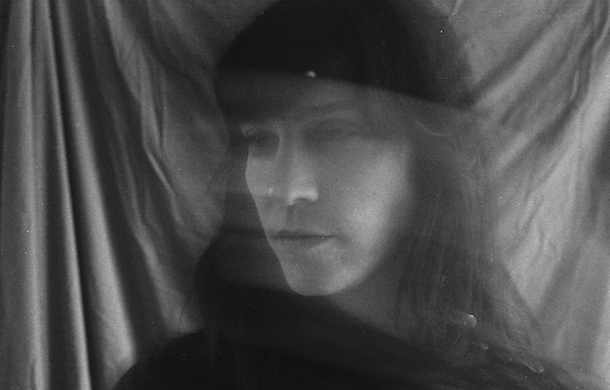

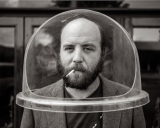




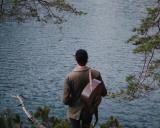

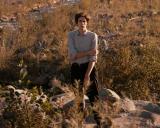





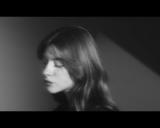

Comments